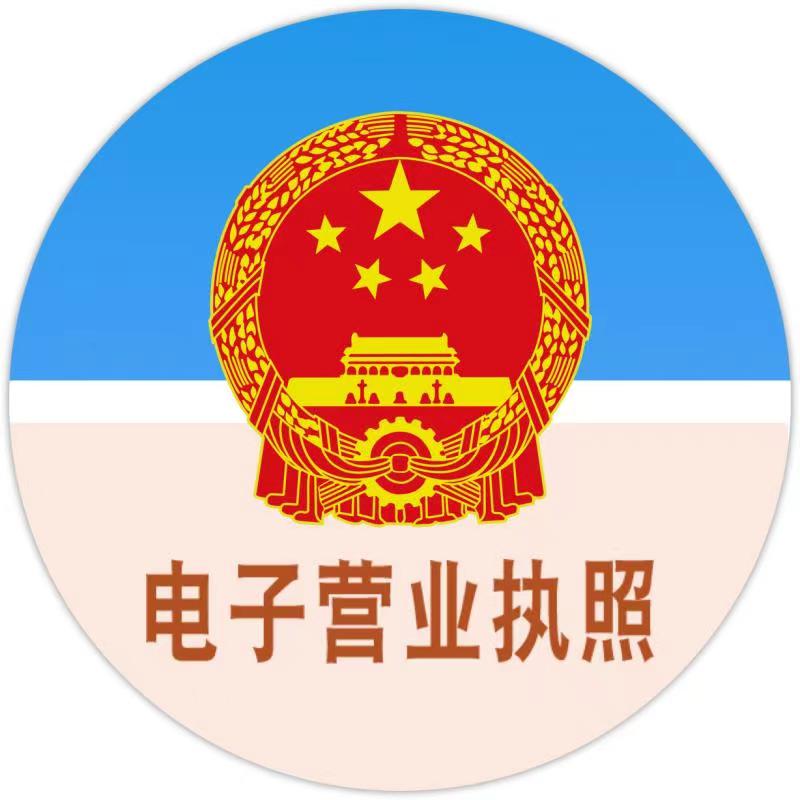As the conflict between Russia and Ukraine continues, Europe
release time:2022-10-18
Despite eight rounds of European sanctions against Russia and targeted measures on energy exports, EU member states have continued to import nuclear fuel from Russia.
Ariadna Rodrigo, EU sustainable finance manager for environmental group Greenpeace, said it was "absolute madness" for the EU to keep trading nuclear fuel with Russia and continue to fund it. "If EU governments are serious about preventing conflict, they need to cut the umbilical cord between the European nuclear industry and Russia and instead focus on accelerating energy conservation and renewable energy," Rodrigo said.
In presenting its latest package of sanctions, the European Commission did not propose targeting Russia's nuclear fuel trade. The EU has previously targeted Russian oil, gas and coal as part of a broader strategy to increase pressure on Russia's economy. Hungary and Bulgaria have been vocal opponents of sanctions on Russian uranium and other nuclear technology services.
The European Commission has repeatedly condemned Russia's actions in Ukraine, accusing President Putin of using energy as a weapon to drive up commodity prices, while Russia denies weaponizing energy supplies.
The EU has individual bans on Russia's nuclear sector, such as a ban on shipments of nuclear fuel on Russian-flagged ships, which contain many loopholes. Campaigners argue that tougher measures are needed to reduce the EU's dependence on Russian nuclear services.
Ukrainian President Vladimir Vozelensky said in early August that he had discussed with the European Council the need for EU sanctions against Russia's nuclear industry. "Russian nuclear terror requires a stronger response from the international community: sanctions against the Russian nuclear industry and nuclear fuel," Zelensky said on Twitter at the time.
In April, the European Parliament passed a resolution calling for an "immediate" embargo on nuclear fuel imports from Russia and urging member states to stop working with Russia on existing and new projects. But Russia is a major player in the global nuclear fuel market, and any move to break the EU's reliance on nuclear fuel could hurt itself, especially since Rosatom is at the heart of Europe's dependence and is currently overseeing Ukraine's occupied Zaporo plant.
There are 18 Russian-built reactors in Europe, including in Finland, Slovakia, Hungary, Bulgaria and the Czech Republic. All of those reactors rely on Rosatom for nuclear fuel and other technical services.
Hungary's announcement in late August of the construction of two new nuclear reactors at Rosatom highlighted Russia's nuclear clout in some member states. Russia accounted for nearly a fifth (19.7 percent) of EU uranium imports last year, behind Niger (24.3 percent) and Kazakhstan (23 percent), according to the latest EurATOM data.
The EU spent about 210 million euros ($203.7 million) last year importing raw uranium from Russia and another 245 million euros from Kazakhstan, where nuclear fuel mining is controlled by Rosatom.
How 'green' is nuclear power?
Advocates of nuclear power argue that it has the potential to play an important role in helping countries generate electricity while reducing carbon emissions and reliance on fossil fuels. Critics, however, see nuclear power as a harmful distraction from faster, cheaper and cleaner alternatives. Green campaign groups argue that technologies such as wind and solar should be prioritised in the transition to low-carbon energy.
As part of the EU's green taxonomy - the mechanism that defines which investment options can be considered "green" - the EU recognises that nuclear and gas are "sustainable" in some circumstances. Austria has filed a lawsuit against the EU and lobbied Allies over its labeling of nuclear and gas as sustainable investment options, calling it "irresponsible and unreasonable."
 Service Hotline:133-9305-7858,If you are interested or in doubt, please call!
Service Hotline:133-9305-7858,If you are interested or in doubt, please call!
YuHe Technology - dedicated to serve you!







